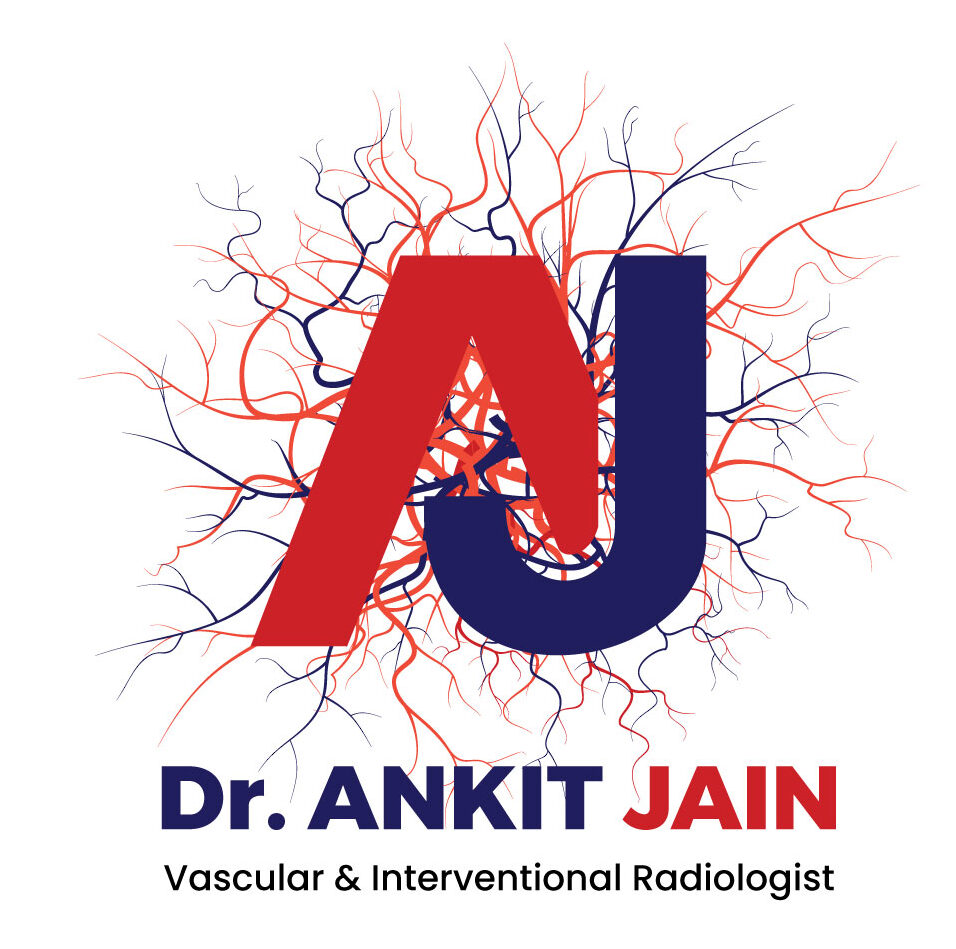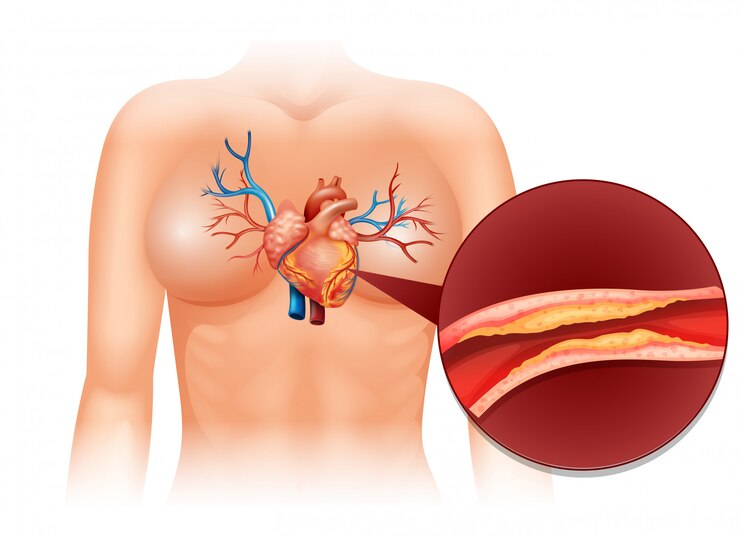Emerging Therapies And Research Advances In Non-Vascular Disorders
Non-vascular disorders encompass a wide range of medical conditions affecting various organ systems, including the nervous system, gastrointestinal tract, musculoskeletal system, respiratory system, dermatological system, and mental health. Over the years, significant advancements have been made in understanding the pathophysiology and treatment of non-vascular disorders, leading to the development of novel therapies and innovative treatment approaches. In this article, we will explore the latest research advances and emerging therapies in the field of non-vascular disorders, highlighting promising developments that have the potential to revolutionize patient care.
Advancements in Neurological Disorders
Neurological disorders, such as Alzheimer’s disease, Parkinson’s disease, multiple sclerosis, and epilepsy, pose significant challenges to patients and healthcare providers alike. Recent research efforts have focused on developing disease-modifying treatments aimed at slowing disease progression and improving patient outcomes. Emerging therapies include novel pharmacological agents, gene therapy approaches, stem cell transplantation, and deep brain stimulation techniques. Additionally, advancements in neuroimaging technologies, biomarker discovery, and precision medicine approaches hold promise for early diagnosis and personalized treatment strategies in neurological disorders.
Innovations in Gastrointestinal Disorders
Gastrointestinal disorders, including inflammatory bowel disease (IBD), irritable bowel syndrome (IBS), gastroesophageal reflux disease (GERD), and gastrointestinal cancers, affect millions of individuals worldwide. Recent research has uncovered new insights into the pathogenesis of these disorders, leading to the development of targeted therapies that aim to modulate the gut microbiota, restore intestinal barrier function, and reduce inflammation. Emerging treatments include microbiota-based therapies (e.g., fecal microbiota transplantation), biologic agents targeting inflammatory pathways, and dietary interventions tailored to individual patient needs.
Breakthroughs in Musculoskeletal Disorders
Musculoskeletal disorders, such as osteoarthritis, rheumatoid arthritis, osteoporosis, and musculoskeletal injuries, contribute to significant morbidity and disability worldwide. Recent advances in regenerative medicine, tissue engineering, and biomaterials have opened up new avenues for the treatment of musculoskeletal disorders. Emerging therapies include the use of mesenchymal stem cells, growth factors, and biocompatible scaffolds to promote tissue regeneration and repair. Additionally, advancements in imaging modalities, such as magnetic resonance imaging (MRI) and ultrasound, enable early detection and monitoring of musculoskeletal disorders, facilitating timely intervention and improved outcomes.
Innovative Approaches in Respiratory Disorders
Respiratory disorders, such as asthma, chronic obstructive pulmonary disease (COPD), cystic fibrosis, and pulmonary hypertension, represent a significant global health burden. Recent research efforts have focused on developing precision medicine approaches tailored to individual patient phenotypes and endotypes. Emerging therapies include targeted biological agents, small molecule inhibitors, and gene editing techniques aimed at modulating airway inflammation, improving lung function, and preventing disease progression. Additionally, advancements in respiratory rehabilitation, telemedicine, and remote monitoring technologies enhance patient engagement and adherence to treatment regimens, leading to better long-term outcomes in respiratory disorders.
Progress in Dermatological Disorders
Dermatological disorders, including psoriasis, eczema, acne, and skin cancers, can have a profound impact on patients’ quality of life and psychological well-being. Recent advances in immunology, genetics, and molecular biology have revolutionized the treatment landscape for dermatological disorders. Emerging therapies include targeted biologic agents, Janus kinase (JAK) inhibitors, and immune-modulating agents that selectively target disease pathways while minimizing systemic side effects. Additionally, advancements in topical drug delivery systems, phototherapy techniques, and laser therapies offer new options for managing dermatological conditions effectively.
Innovations in Mental Health Disorders
Mental health disorders, such as depression, anxiety, bipolar disorder, schizophrenia, and autism spectrum disorders, affect millions of individuals worldwide and represent a significant public health challenge. Recent research has focused on elucidating the neurobiological underpinnings of mental health disorders and identifying novel treatment targets. Emerging therapies include ketamine and other glutamatergic modulators for treatment-resistant depression, cannabidiol (CBD) for anxiety and psychosis, and non-invasive brain stimulation techniques (e.g., transcranial magnetic stimulation) for various psychiatric disorders. Additionally, advancements in digital therapeutics, smartphone applications, and virtual reality interventions hold promise for enhancing access to mental health care and improving treatment outcomes.
Conclusion
Emerging therapies and research advances in non-vascular disorders hold promise for revolutionizing patient care and improving outcomes across a wide range of medical conditions. From precision medicine approaches and targeted biologic agents to regenerative medicine techniques and digital health innovations, the future of non-vascular disorder management is characterized by innovation, collaboration, and a commitment to improving the lives of patients worldwide. Continued investment in research, clinical trials, and interdisciplinary collaboration is essential for translating these promising developments into tangible benefits for patients and communities around the globe.

